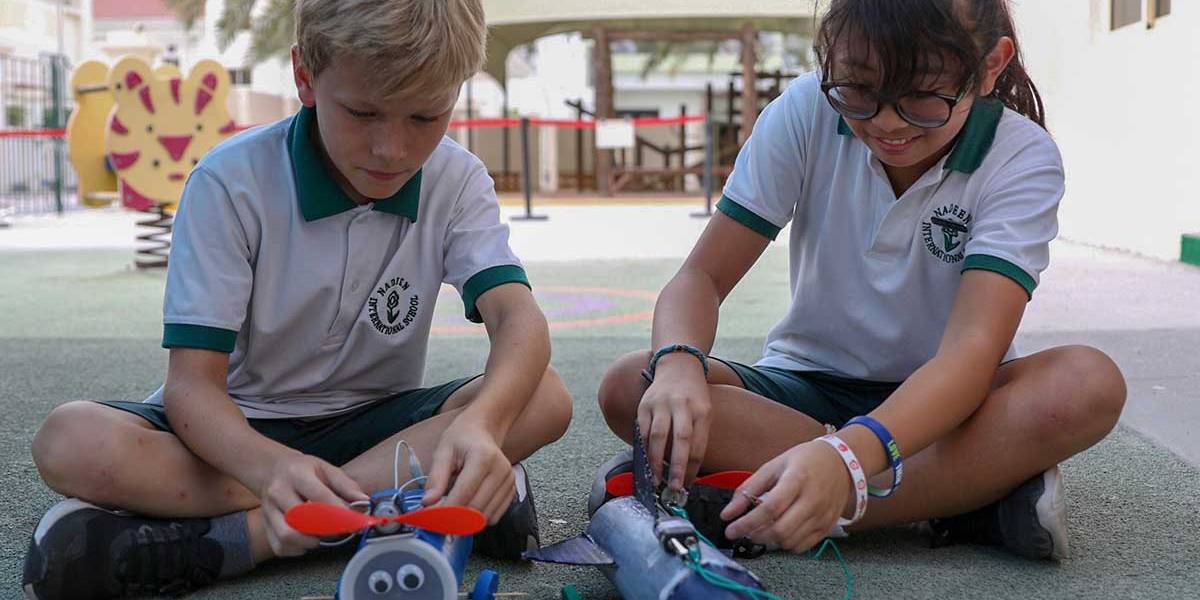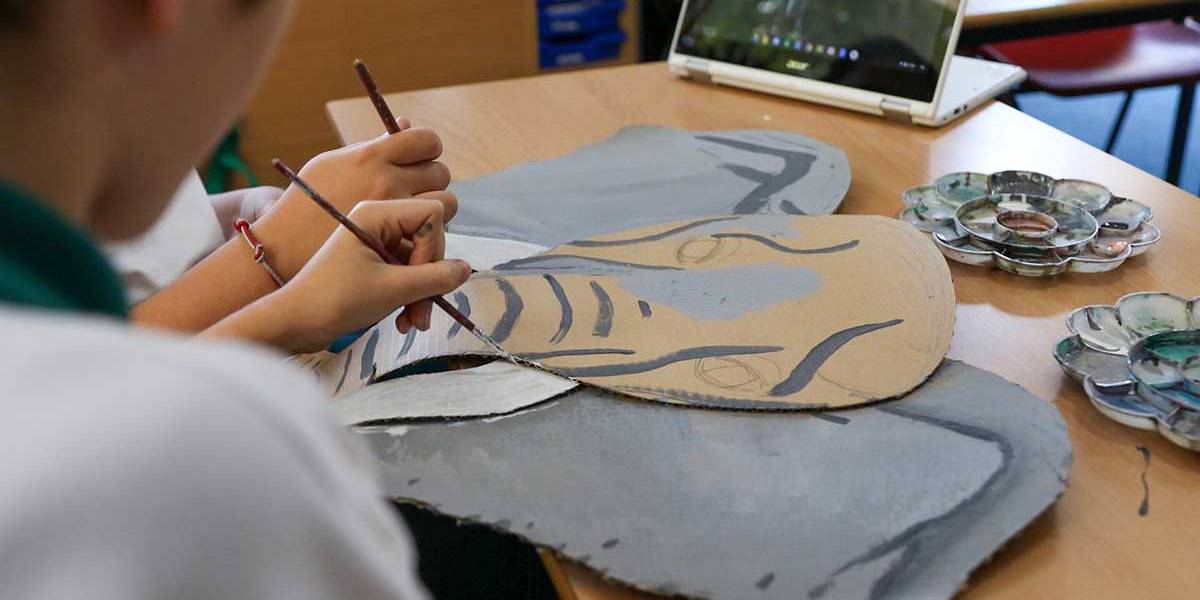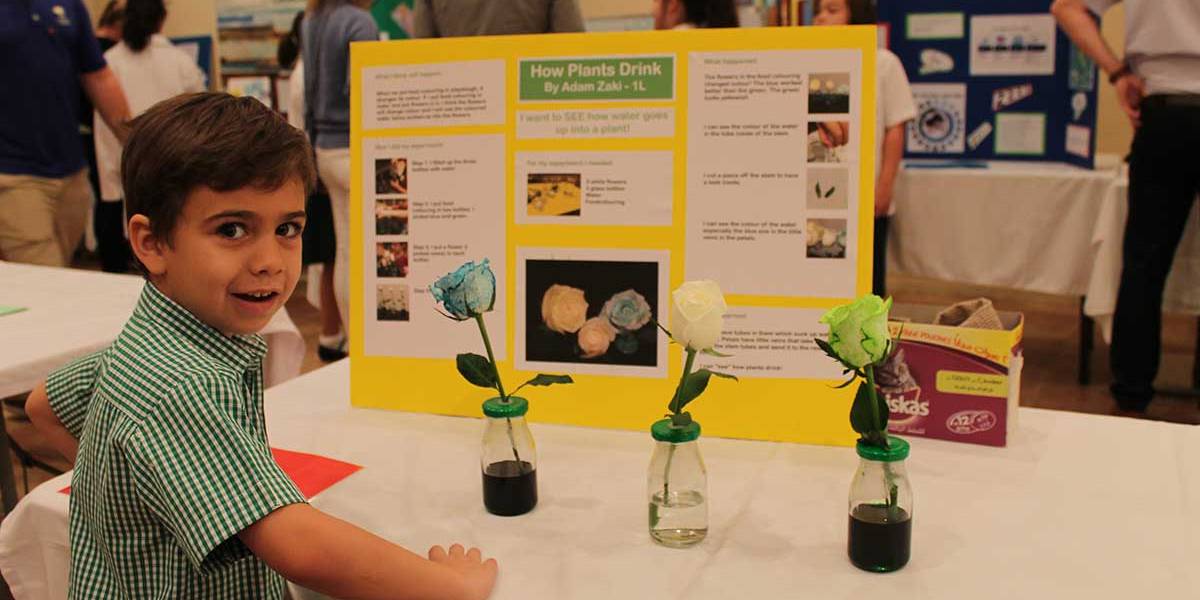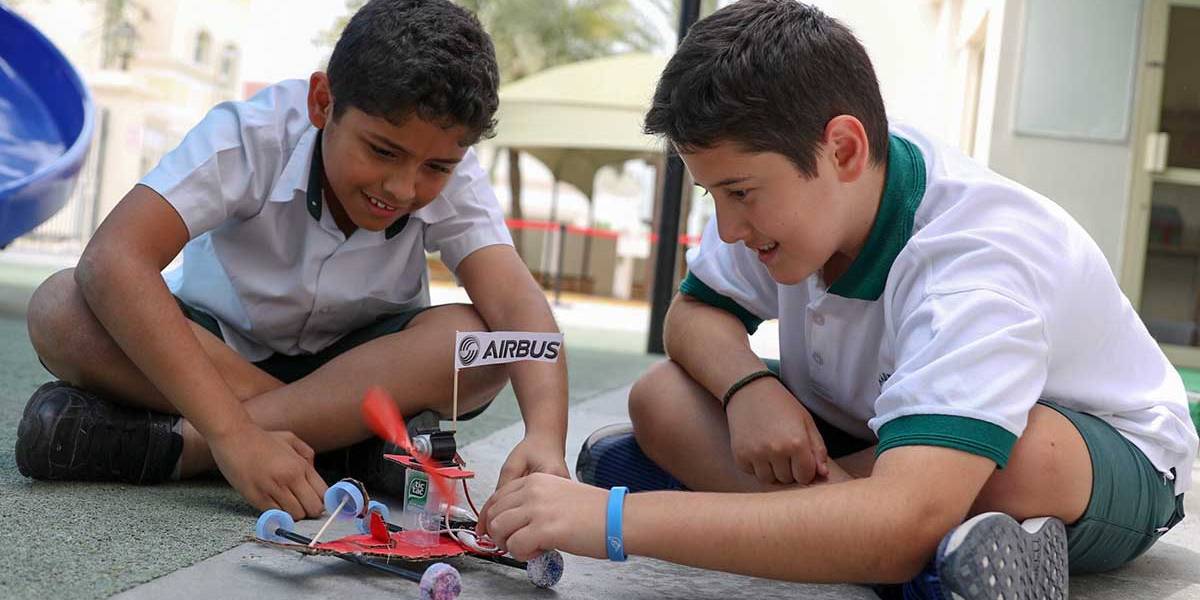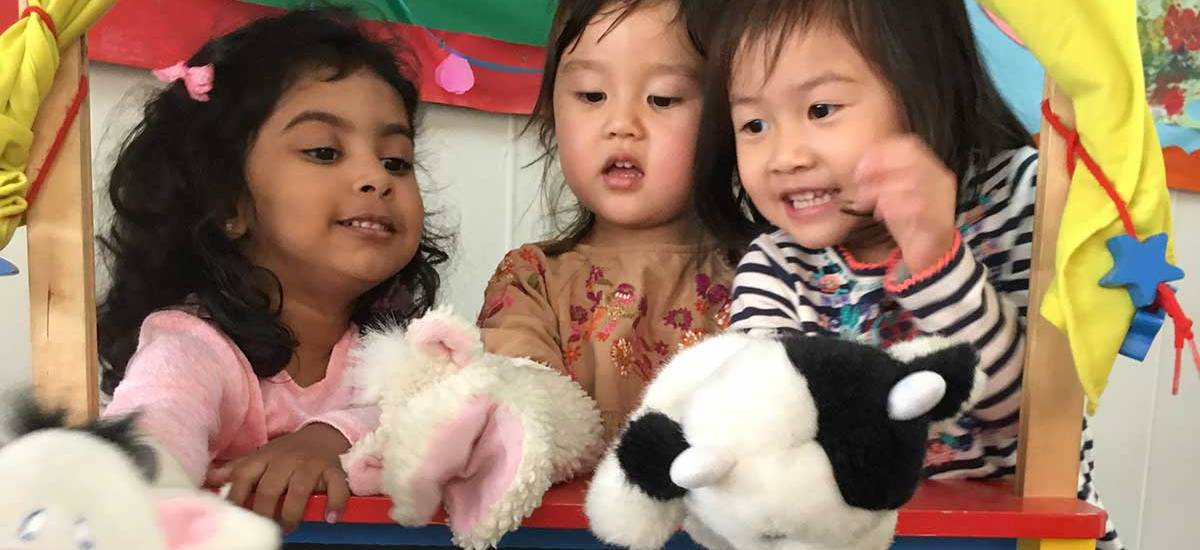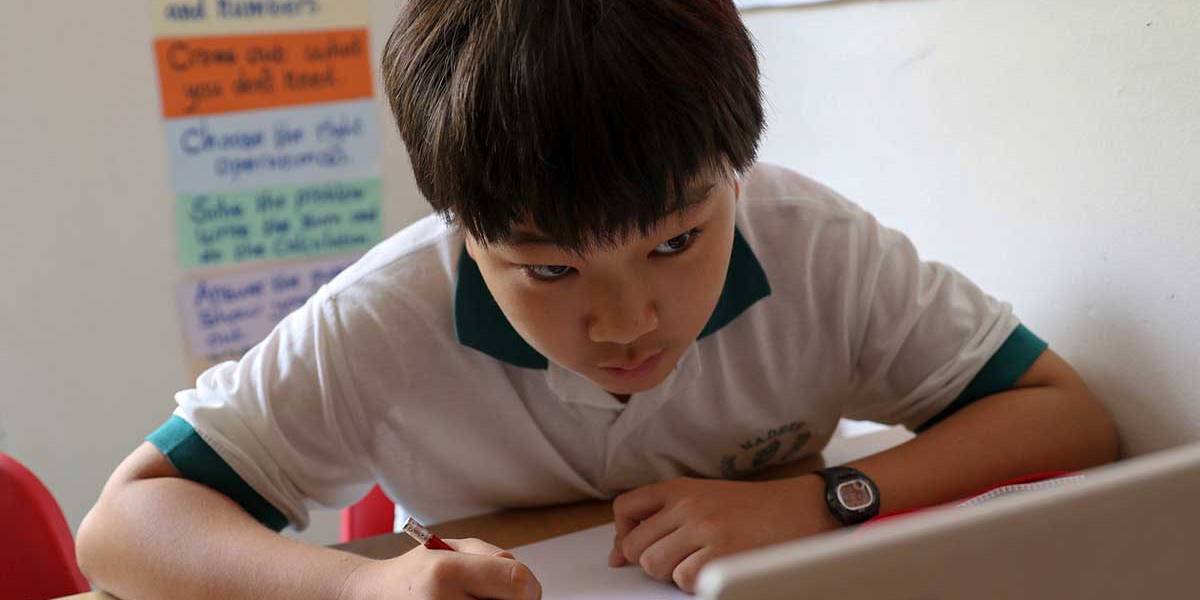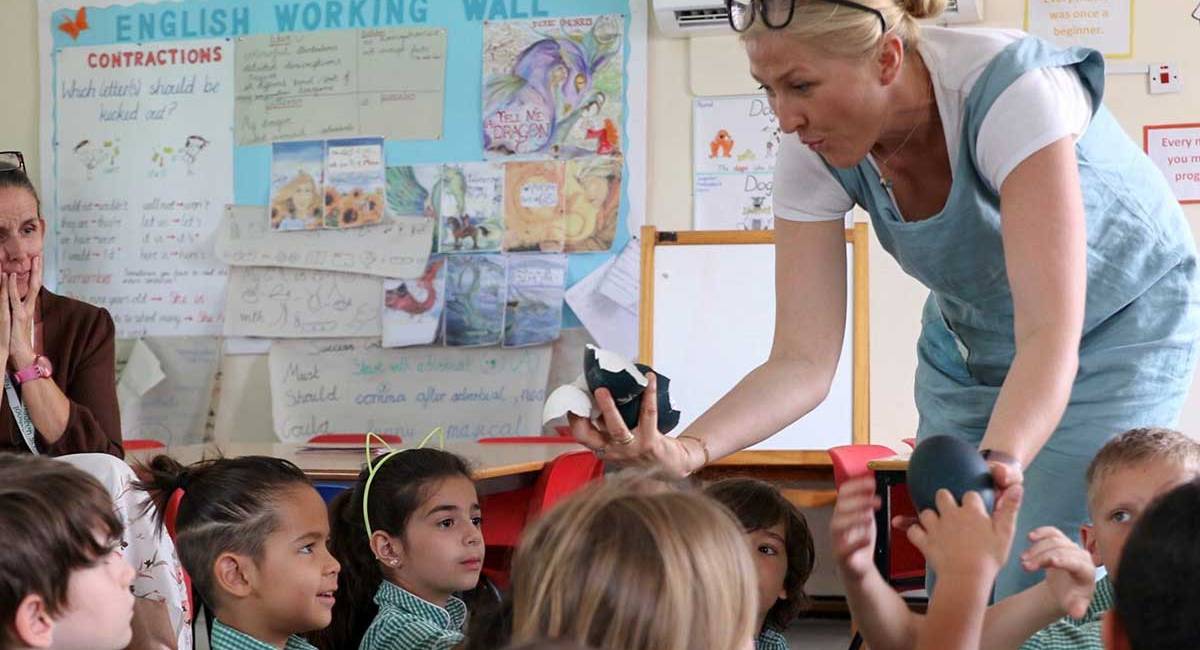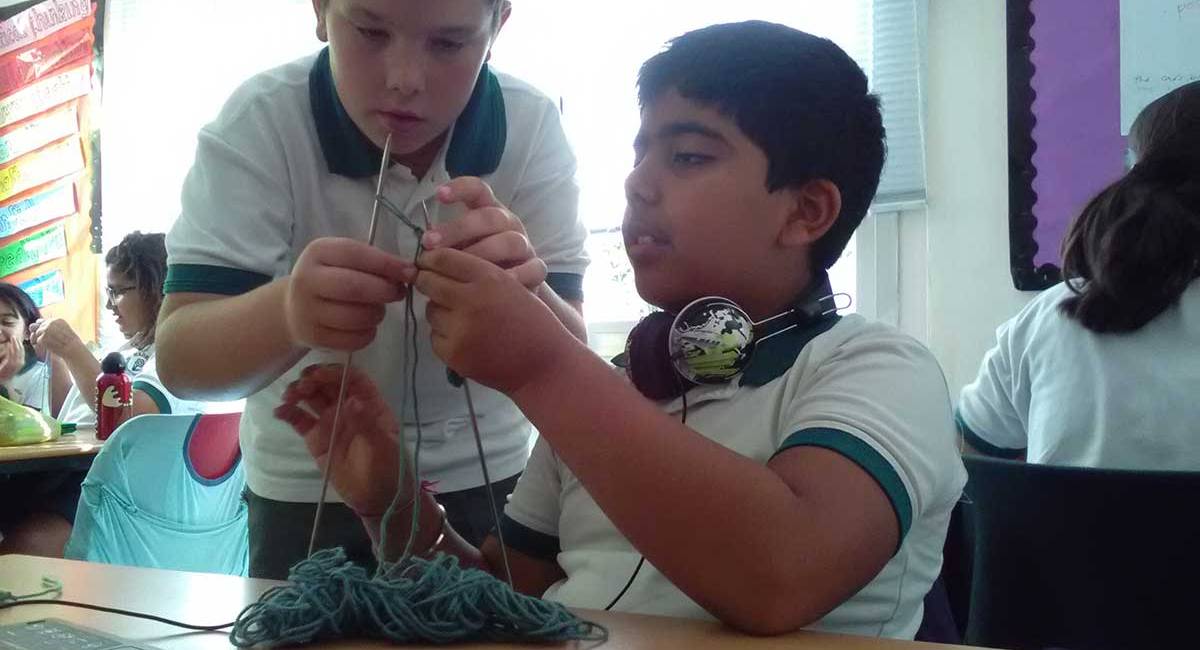Miss Abigail’s thought for the week: philosophy for children
We live in a busy world where all of us – adults and children alike – have full schedules, social calendars, clubs and organised activities. This can lead to a very stimulating, enjoyable and rich life, but it can also make it difficult to make the time to stop and think; to ponder the big questions of life; to think about and discuss with others topics that have no particular value other than the pleasure of wonder. But this is where the imagination lives. And this is where children, especially, begin to form their opinions, to value and respect the views of others, to negotiate or debate and to become more complex thinkers.
Philosophy, or thinking about and discussing interesting questions that don’t necessarily have right or wrong answers, encourages children to find this cognitive space and I would highly encourage it!
Our creative curriculum is led by our big questions. Here are the current big questions that the children from yrs 1-6 are engaged in:
- What’s peculiar about a platypus? (y6)
- How does colour make us feel? (y5)
- How can you improve the world around you? (y4)
- Can you lose your shadow? (y3)
- Can you paint a poem? (y2)
- Can we make it move? (y1)
Questions like this – and the study and exploration that goes along with them – engage children in higher level thinking opportunities. It’s interesting stuff!
Here are a few websites that have interesting questions to develop these skills (there are hundreds more):
https://www.sapere.org.uk/AboutP4C/PhilosophicalQuestions.aspx
http://www.rapscallionpress.com/5-philosophy-questions-to-ask-children/
Today, I went around the school and asked different groups of children the same question: What makes you you? The children are from nursery (video is 2 parts – sorry!), year 2, year 4 and year 6. Their responses are really interesting, from the point of view of understanding the question, interpreting the question and being able to articulate their responses.
Nursery (2 videos) https://youtu.be/_X0j6kV1jTo https://youtu.be/kEjKM1tMEwI
Year 2 https://youtu.be/msQ6hJGJP_o
Year 4 https://youtu.be/vURUXW_CBIU
Year 6 https://youtu.be/KZYU8R8zn-k
I leave you with a question to ponder: Would the world be a better place if we all spoke the same language? Responses welcome below (from you or your children).


